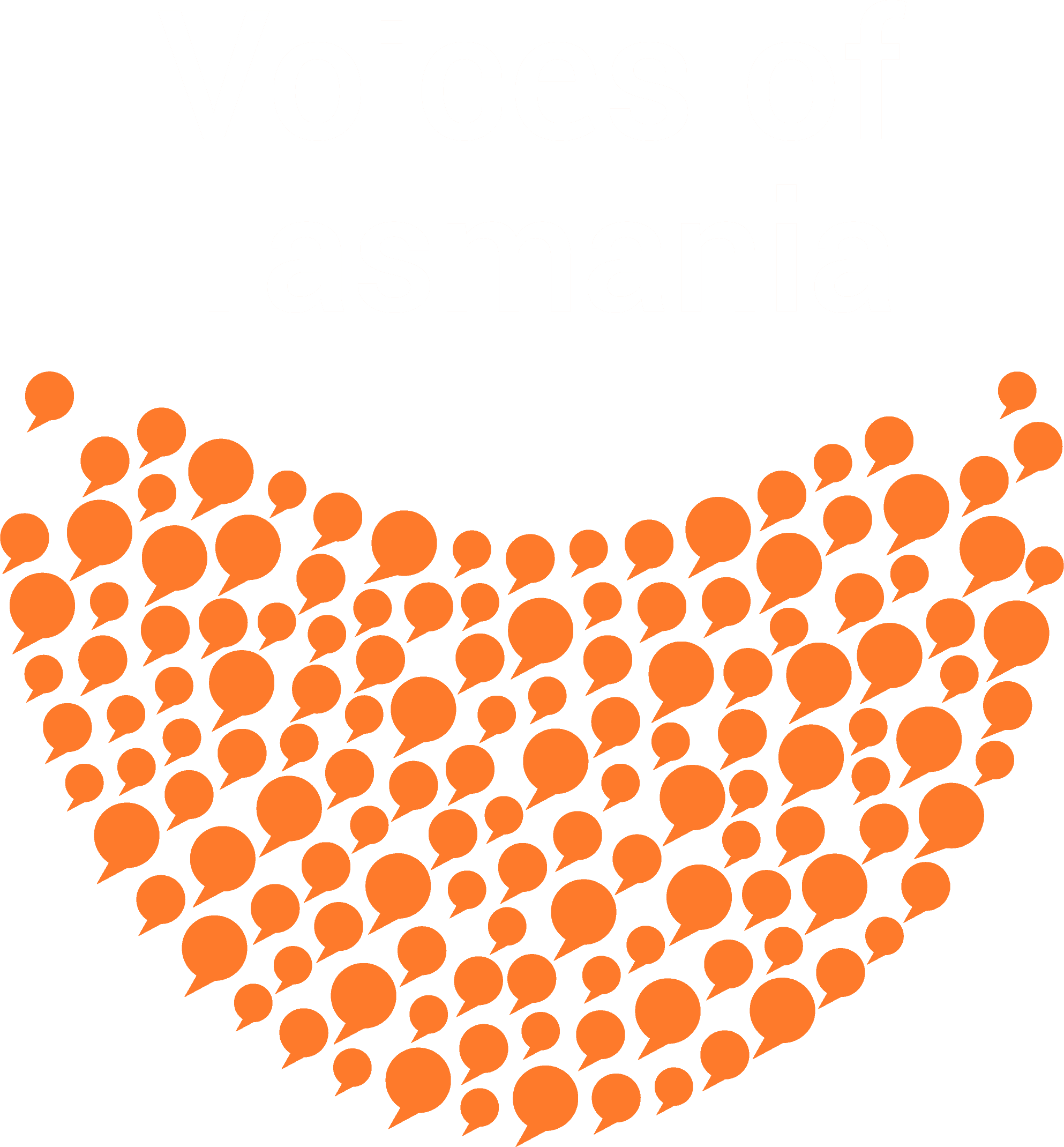Direct democracy is a political system where citizens have the power to make decisions on policy matters directly, rather than through elected representatives. While some may argue that direct democracy can lead to a chaotic decision-making process, its potential benefits cannot be overlooked. In this blog post, we’ll explore how embracing direct democracy in Tasmania can foster greater civic engagement, increased political transparency, and a more responsive government.
- Greater Civic Engagement
One of the most profound benefits of direct democracy is its potential to engage citizens more actively in the political process. In Tasmania, this can lead to increased voter turnout and heightened public awareness of important issues. When people are given the opportunity to directly influence policy decisions, they are more likely to take an active interest in their government’s actions and become better-informed citizens.
- Increased Political Transparency
Direct democracy can also help increase political transparency in Tasmania. The current representative system can sometimes lead to a lack of clarity and understanding about the decisions made by elected officials. By allowing citizens to vote directly on policy matters, the decision-making process becomes more transparent and less susceptible to manipulation or corruption. This can also foster a sense of trust between the government and its citizens, ultimately leading to a more stable and accountable political system.
- A More Responsive Government
In a direct democracy, government policies are driven by the needs and desires of the citizens themselves. This can lead to a more responsive government in Tasmania, as politicians must be attuned to the public’s concerns and priorities. The direct involvement of citizens in the decision-making process ensures that the government remains focused on addressing the most pressing issues faced by Tasmanians. This can help to create a political climate that is more in tune with the needs of the people, rather than one dictated by partisan agendas or political expediency.
- Empowering the Community
By giving citizens a direct voice in the political process, direct democracy can also help to empower communities in Tasmania. This can lead to the development of more localized solutions to issues and an increased sense of ownership over community outcomes. Furthermore, when citizens are actively engaged in the decision-making process, they become more likely to take on leadership roles in their communities and contribute to positive change.
Conclusion
While direct democracy may not be a perfect solution, it offers a range of benefits that can help Tasmania foster a more engaged, transparent, and responsive political environment. By empowering citizens to take an active role in the decision-making process, direct democracy can contribute to a more vibrant and inclusive political landscape in Tasmania. As we continue to explore new methods of governance, it’s crucial to consider the potential advantages of direct democracy in shaping Tasmania’s future.








